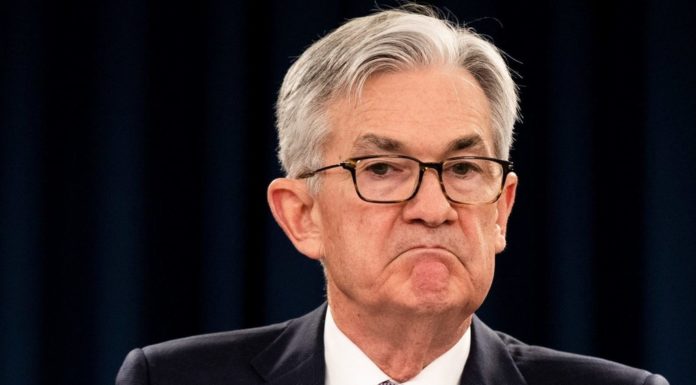(American Banker) The Federal Reserve is primarily interested in looking at a central bank digital currency that would improve the payment system, rather than one that would replace the physical dollar, said Chair Jerome Powell.
“Unlike some jurisdictions, here in the United States we continue to see strong demand for cash,” he said Monday during a panel on cross-border payments and digital currencies hosted by the International Monetary Fund. “Moreover, we have robust and mature financial and banking sectors, and we have a highly banked population so that many — although not all — already have access to the electronic payments system.”
Although the Fed has not said whether it will move to develop a central bank digital currency, it is among several central banks exploring the possibility, and has various ongoing research efforts to analyze the impact a nationalized digital dollar would have on the U.S. financial system.
But while some countries like China and Sweden are moving toward central bank digital currencies that envision cash being phased out entirely, Powell signaled Monday that the Fed is looking at a central bank digital currency that would instead supplement the already-existing payments infrastructure in the U.S.
Powell added that while the U.S. has an obligation to “stay on the forefront” of innovations like central bank digital currency, the Fed also has a responsibility to thoroughly analyze the costs and benefits of a digital dollar.
“I actually do think this is one of those issues where it’s more important for the United States to get it right than it is to be first,” he said. “Given the dollar’s important role globally, it’s essential that we remain on the frontier of research and policy development.”
He said the U.S. needs to look at several important policy questions in evaluating whether to develop a central bank digital currency, including how it would be protected from cyberattacks, how it would affect monetary policy and financial stability and how it would prevent criminal activity while also maintaining user privacy.



